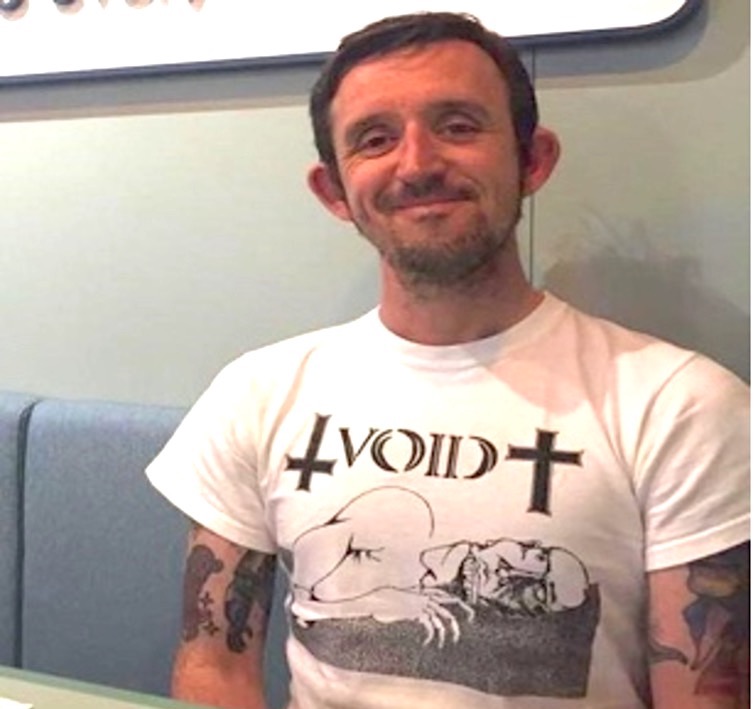
Katie Arneson (Kacey Rohl, The Magicians) is lying about having cancer. A popular student on her college campus thanks to her fundraising efforts and positivity, Katie is running a Crowdfunder scheme for her treatment and is applying for financial aid from her college. She is lying to her girlfriend Jennifer (Amber Anderson), her friends… to everyone.
Katie pretends to receive chemotherapy, starving herself and taking fake medication. But events start to escalate out of control when she is required to provide her medical records. As Katie works to sustain the lie, it begins to unravel as more scrutiny is applied, leaving her with little choice but to compound matters with further fabrication.
Canadian writer / director duo Yonah Lewis and Calvin Thomas drop us straight into the middle of Katie’s deception and it is refreshing that there is no origin to White Lie. Instead, via a very simple and effective opening that shows Katie shaving her own head, intercut with her cancer fundraising, we understand the situation perfectly. White Lie hits the ground running and the pace never lets up, taking us on a nervy and anxiety-ridden journey.
On some level, Katie has convinced herself she is doing nothing wrong, so as she digs herself a deeper and deeper hole, her outlandish lies and bad decision-making result in a fraught viewing experience. White Lie ramps up the anxiety with the same M.O. as Adam Sandler starrer Uncut Gems. So if you enjoyed the experience of the Safdie Brothers sending your blood pressure into the stratosphere, you will mostly likely appreciate White Lie doing the same.

The trade-off for White Lie‘s fast pace and lean storytelling is that it never really digs very far into why Katie lies, or her overall motivation. Although Katie has raised a considerable sum in donations, there is no evidence of money anywhere in her lifestyle. Her motives are hard to gauge, but Katie does seem more invested in the popularity and attention from others than any financial gain. Although not stated in the film, this is a common symptom of Münchausen Syndrome, wherein a person fakes an illness in order to be cared for, or for attention.
Katie’s actions are frustrating and unconscionable, even armed with the knowledge that she needs help. But at the same time, it is riveting to watch. Kacey Rohl’s performance is a big reason why. She nails the complexity of Katie’s likable personality, contrasting with her blasé attitude to the lies she has crafted, and the desperate panic as she starts to flounder. White Lie understands that movies that present us with a protagonist we still want to watch, despite their deep flaws, are movies that challenge us and are worth paying attention to.
White Lie won’t be for everyone, but not all stories are meant to be happy ones. From an audience perspective, White Lie makes us question why we’re so invested in something this unpleasant. Is it a perverse fascination in seeing how far Katie can carry the lie? Vicarious enjoyment of a well-planned scheme? Or the simple desire to see a house of cards tumble? Whatever the reason, White Lie is a compelling peek into the destructive consequences of dishonesty.

‘White Lie’ is receiving a Digital Release in the US, thanks to Rock Salt Releasing, on January 5th, 2021.
__________________________












